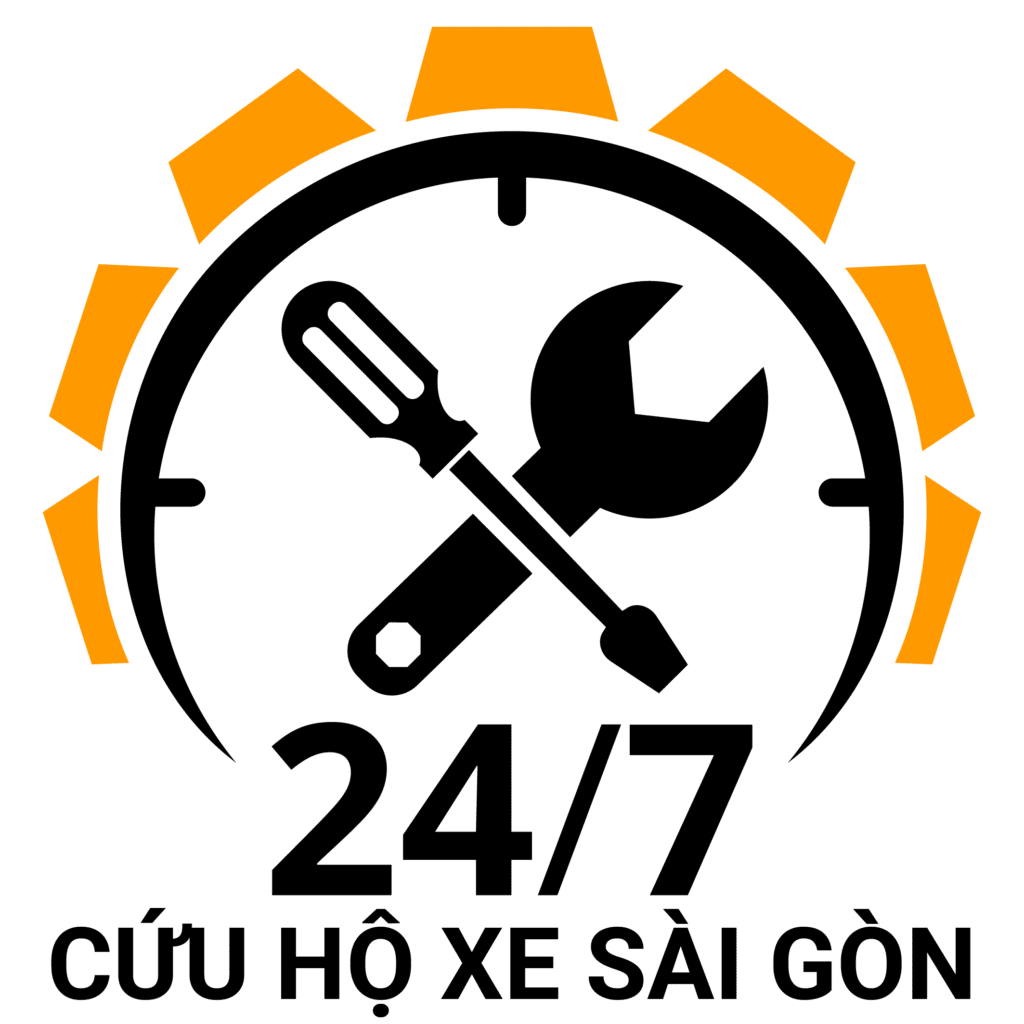Have you ever faced an awkward interview circumstance, a tense performance review meeting or interminable small talks? By just modifying the way you ask questions, you may drastically increase your communication efficacy and make talks flow more effortlessly. Whether you are an HR manager, instructor or consultant, there are lots of possibilities to ask questions in your everyday work.
My biggest worry is receiving non-straightforward answers that make talks even more challenging and ultimately less productive. The longer the talk goes on, the less evident the aim of the conversation becomes. Today I want to share with you how I address this issue.
>>> See more: What types of specific service of recruitment services?
Awkward interview question
When interviewing engineers, I frequently ask them at the conclusion, “Do you have any other questions?” At this stage, the applicant frequently says “yes” but does not say anything else. I expected them to continue asking, but it appears that they were waiting for me to offer first.

Tension during a stressful performance review meeting
Similar circumstances can occur in the workplace.
Manager: How will you improve your performance this time?
Employee: I will do my best.
Manager: I don’t want to hear that; I want to know exactly what you’ll do!
Employee: (Thinking inwardly) I have already responded; what else do you want me to say?
>>> See more: What is Talent Acquisition?
Deadlock in casual conversation
Casual talks on a daily basis can also present similar scenarios.
Colleague A: How did you lose weight? You look so much thinner.
Colleague B: I’m just devastated, that’s all.
Colleague A: (Disturbing his head) Why did he respond in this manner?
In case you have encountered such circumstances, I would want to emphasize one crucial point to you: the question’s intent must align with the manner in which it is posed. These are the two fixes:

Avoid using “yes or no” questions
After interviewing more than 600 engineers in a single year, I came to the conclusion that the awkward moments had nothing to do with the candidate’s comprehension or communication skills, but rather with the way I posed the issue. Although it was obvious that my question was yes/no, I still expected the applicant to offer a response that went beyond those two options. Maybe as a result of Vietnamese cultural customs that discourage us from discussing personal information in public.
As a result, we frequently utilize “yes or no” inquiries in everyday communication. These inquiries aren’t appropriate for gathering in-depth data, though.
Avoid using “how” questions
It is best to utilize “what” instead of “how” when posing queries. As an illustration:
This time, what steps will you take to enhance your performance? ← What particular actions are you going to do this time to raise your game?
How did you slim down? ← What precise actions did you take to reduce your weight?
“How” is a more appropriate question for informal discussions because it is open-ended. To provide a precise response, use “what” for “what.” This will prevent responses such as “because I was heartbroken” or “I will try my best” and help limit the other person’s response.
Individuals frequently employ texts and sounds to get better at communicating. People can only listen well to you when you have effective and appropriate communication skills. It is not the responsibility of others to comprehend you clearly or accurately if your communication style is imprecise or confusing.
It is a never-ending skill to ask inquiries. It is an art form to raise questions in meetings and conversations, in daily life, and in groups. Take caution when it comes to the individual you are speaking with as well as the format of the inquiries you ask.
You should consider what circumstances might make people unwilling or unable to respond to you. Your interactions will be more fruitful if you take these things into account. I hope you find this Aniday post helpful.
Contact
Aniday was born to help businesses take advantage of a network of experts/headhunts to find and attract talents.
- Website: //aniday.com/
